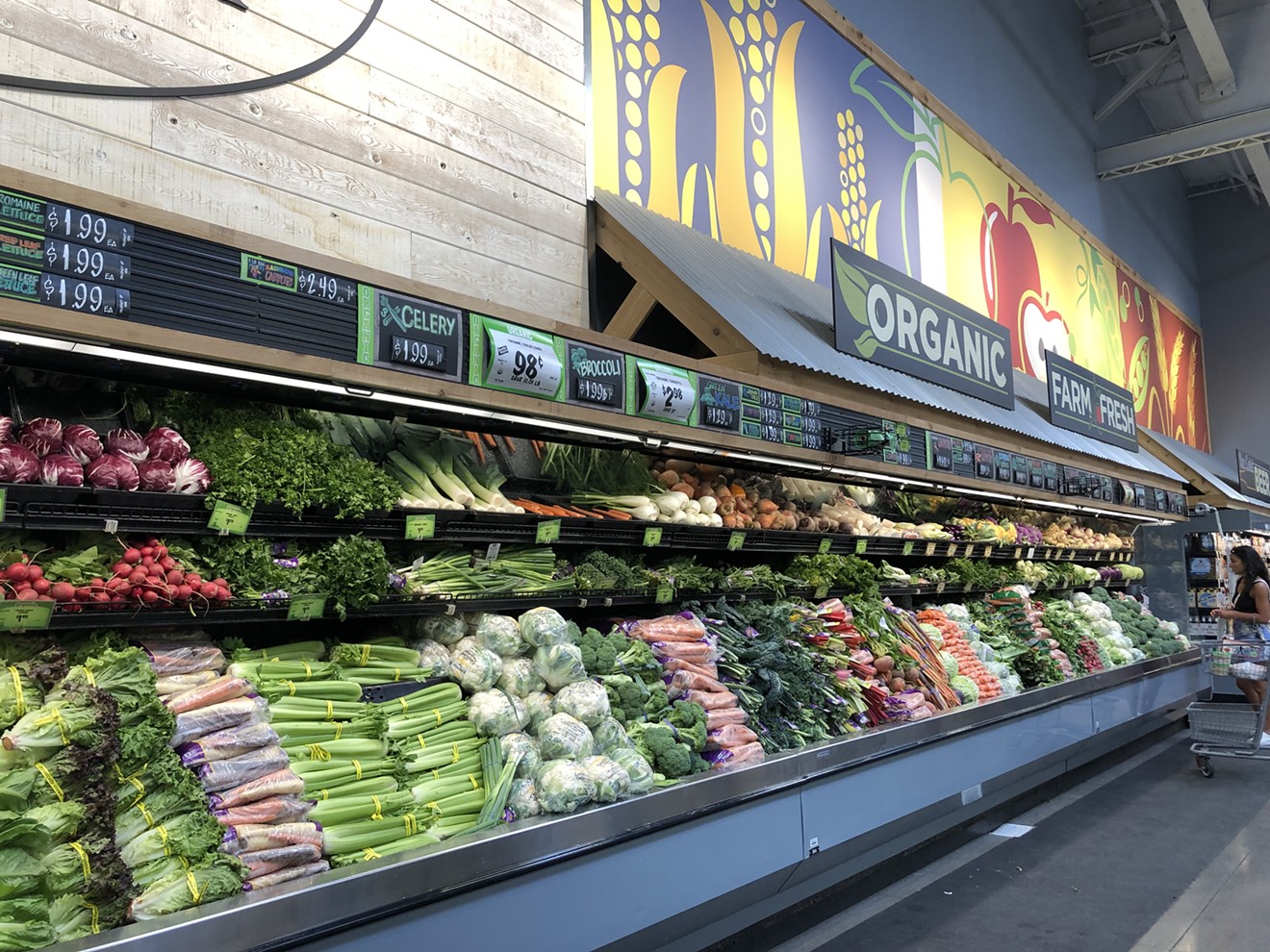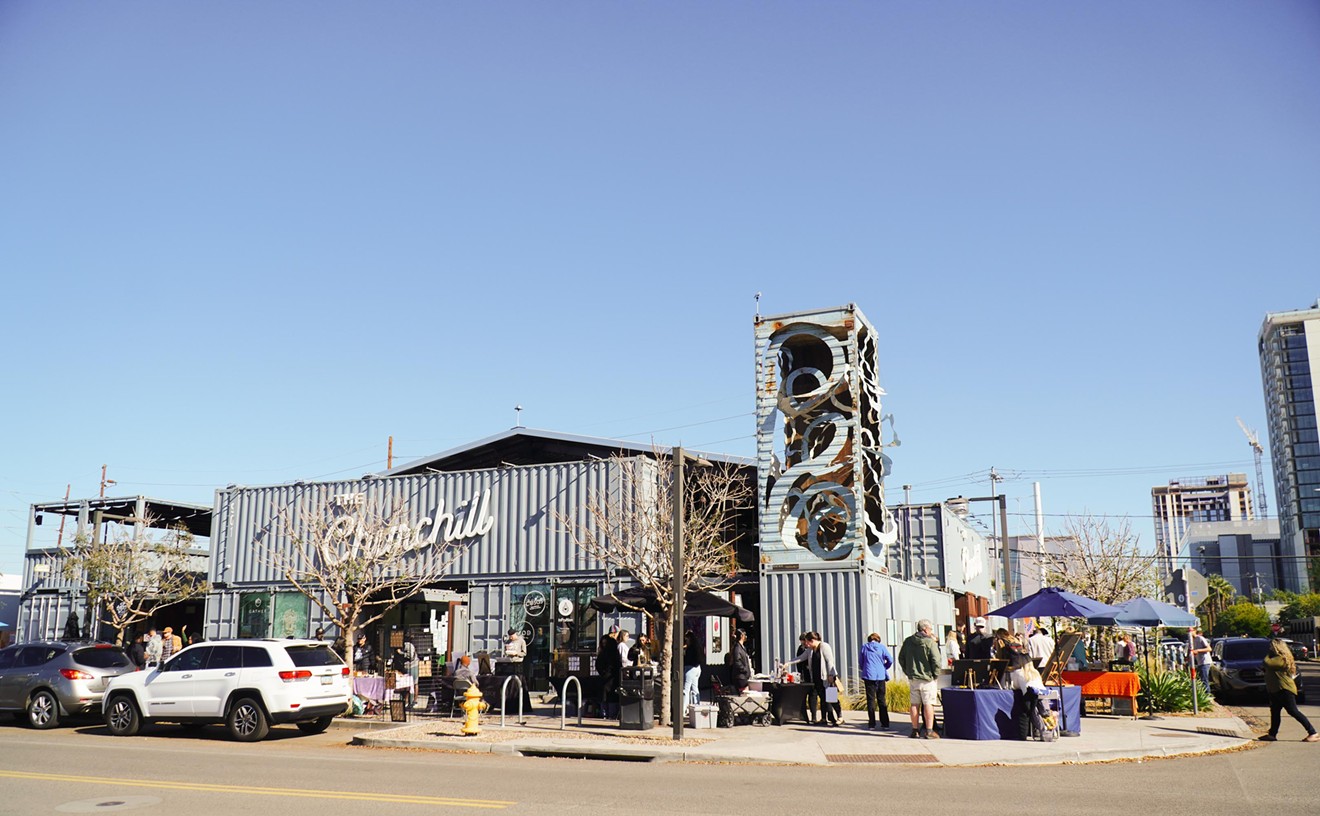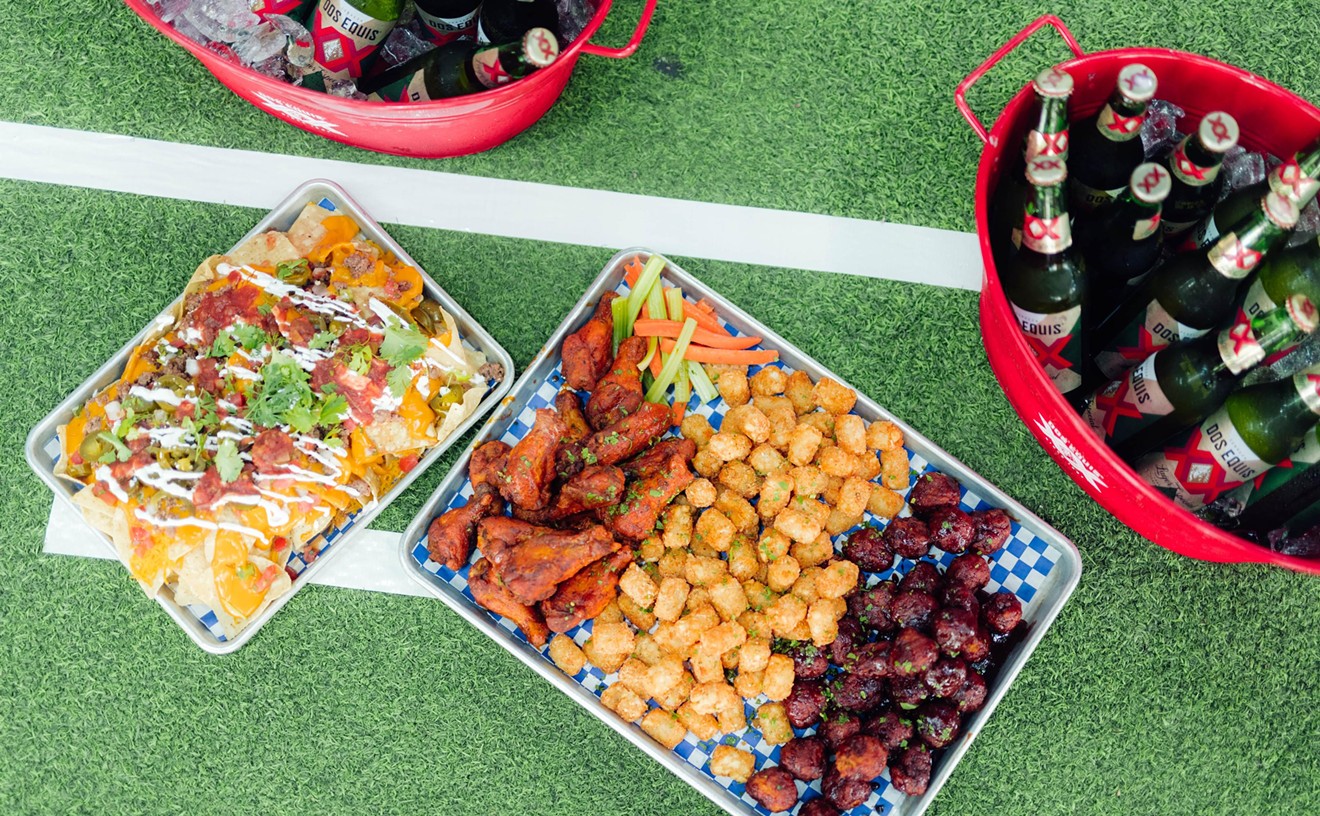When it comes to grocery shopping for beginners, I always think of that scene in Mr. Mom: the wobbly wheel, the tumbling produce, the crowded deli counter with the entire cheddar family. A young Ann Jillian was there to help a younger Michael Keaton like some sort of shopping Sherpa, and that’s what I want to do for you — I want to be your Ann Jillian.
Whether you share my freaking weird enthusiasm for grocery stores or consider the whole thing a chore and a hassle, food shopping — for a lot of us — has to be done. And, considering the gloomy outlook of climate change and/or our bank accounts, the errand has a way of being done right. That means shopping smarter and wasting less.
Let’s cover some modern-day tips.
Reusable Bags
Not totally food-related, but go with me here. If you haven’t already, get like five to 10 reusable bags, depending on your household. They’re for sale at almost every grocery store, and your mom or aunt most likely has more than 50 and would love to give you some.If you own a vehicle, keep them in your car. Even if you’re good at remembering to snag them from the pantry before heading off to the store, keeping at least one or two in your car somewhere will cover you for any impromptu Trader Joe’s trips.
Full disclosure: I keep my reusable bags in a buckled-in milk crate in my backseat. Not as cool as records, but close. And if I forget to bring them in, because of course I do, I take the hit and get a plastic bag — but you better believe it’s getting reused as a trashcan liner or something.
The Shopping List
Guys, make a shopping list. If you get the same thing every trip to Fry’s, I’m not talking to you. I’m talking to people like me who pop in headphones, listen to some cooking-related podcast because it fits in with the vibe, and grab shit left and right. Brussels sprouts, yeah, I need to eat more of those. Hmmm, I could totally make something with minced clams. I really love rosemary; I’ll get two bushels. Stop.If you have a wandering hand, or practically camp out in front of the clearance section, make a list before you shop and stick to it.
By now, Arizona State University Associate Professor of Nutrition and Assistant Dean of Innovation and Strategic Initiatives Christopher Wharton is an old friend of this series. And he has some thoughts on the list.
“If you don’t make regular use of a grocery list or if it’s not really well organized, you’re — possibly — much more prone to impulse items,” Wharton says.
He advises shoppers organize their lists, and (the old adage) avoid shopping hungry. “You make all the decisions in advance, you go there and do your thing, and nothing sways you,” he says, “The deals on the shelves don’t sway you to buy things you didn’t plan on.”
Yeah, being swayed by grocery store deals is no joke. The Natural Resources Defense Council report, “Wasted: How America Is Losing Up to 40 Percent of Its Food From Farm to Fork to Landfill” — another old friend of this series — can back me up on this.
“Much food waste begins with choices made at the grocery store, which often are influenced by store promotions. Bulk discounts, merchandising that encourages impulse buys, and high-volume promotions such as buy-one-get-one-free all contribute to consumers’ purchasing items or quantities that they are unlikely to consume,” the report reads.
But here’s a mantra you can keep in mind as well.
“One of the phrases we use is, ‘Everything has a destiny,’” Wharton says. “You know what recipe it’s going into; you know what meals this is for. So hopefully, that saves money and avoids the waste.”
And for some good grocery shopping list apps, aside from just using a notes feature on your phone, check out the Good Housekeeping article, "7 Best Grocery Shopping List Apps, According to Nutrition and Tech Experts."
Conscious Shopping
Rethink Food Waste Through Economics and Date, or ReFED, is a multi-stakeholder nonprofit focused on this whole concept, including imperfect produce. ReFED highlights potential landfill diversion as totaling 266,000 tons of food waste by consumer-facing businesses, “Accepting and integrating the sale of off-grade produce (short shelf life, different size/shape/color), also known as ‘imperfect produce,’ into food business menu planning and product lines.”That means as a consumer, you are heavily encouraged to check out the imperfect produce shelf. Many grocery stores now are offering the ugly food rack. Don’t treat this spot in the produce like table nine from The Wedding Singer. Stop your cart and consider what may be fit for chopping up to throw in a salad, or a smoothie, or a stew.
Of course, shopping the beautiful displays of vegetables, fruits, and other produce items is more fun, and we’re not saying you can’t, just maybe don’t treat the imperfect produce shelf like a black hole.
But that table nine shelf isn’t your only option. ReFED also highlights two startups, Hungry Harvest and Imperfect Produce, that source imperfect produce from farmers and deliver boxes of it to consumers. It’s like a Blue Apron for busted carrots.
And don’t worry too much about grocery store waste on their end. Well, worry a good amount, but know this: Nonprofit organizations like Waste NOT pick up a lot of food from grocery stores to be later delivered to shelters serving the hungry and those in need.















